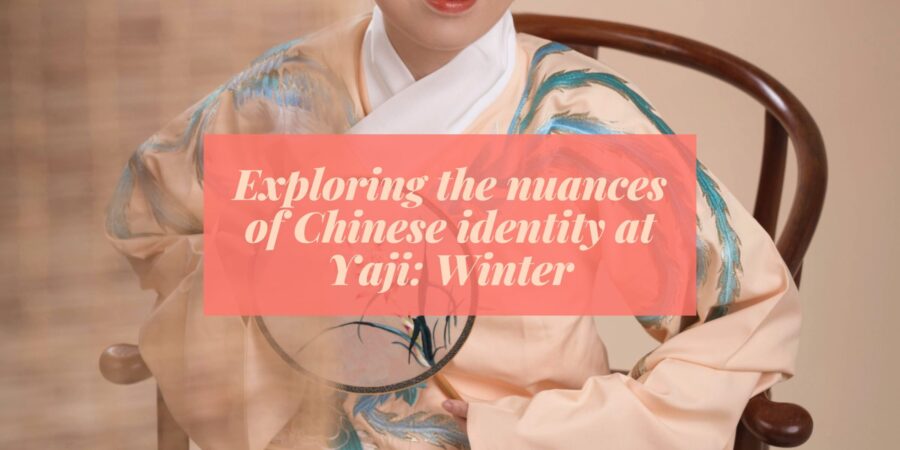Last Saturday was the first (and probably last) Yaji event of 2023! The Hanfugirls held a speakseasy where we heard about the gossip of the Qing dynasty, learnt about the development of the Chinese feminine ideal in Peking Opera, and about Gongfu-cha. We also had a very intriguing interactive session where we imagined an alternate China, one where the Qing dynasty never ended.
It’s the interactive session that I want to talk about because I was fairly involved in the session and it gave me so much to think about. Basically, the Qing dynasty (also the last imperial dynasty) consisted of a Manchu royal family and ruling class governing a mostly ethnic-Han China. Estimates in the post-Boxer era placed the Manchus at slightly more than 1% of the total population of China, so their ‘equal’ treatment of Han and Manchu citizens seems a bit funny when you realise that Manchus took about 50% of government posts available.
To make things even more complicated, Manchus weren’t the homogenous ethnic group that we might imagine. Yes, there is a manchu ethnic group and the royal family was from that line, but the term “manchu” was also applied to anyone who was a “bannerman (qiren)”. There were eight banner groups (the baqi) of which the manchus were one core group. Other ethnicities in the bannermen/manchus included Mongols and yes, ethnic Hans.
So here we have an ethnic-minority ruling family (not for the first time, by the way – the Jin and Yuan dynasties were also comprised of non-Han royalty) and an ethnically-diverse ruling class (that, admittedly, was seen as a homogenous ethnic group after a while). In this situation, what does it mean to be Chinese? Could a possibly-ethnic Han woman, whose mother was half-American, belonging to the Manchurian class represent China to outsiders? Well, that was ‘Princess’ Der Ling, whose life I’ve been looking into (Imperial Masquerade is a fantastic biography of her, if you’re interested) and who did try to speak for the Chinese in her lecture tours and through her books.
After reading all this, I find it very hard to give a simple, comprehensive answer to the question “what does it mean to be Chinese”. Do we refer only to ethnicity, and if so, which one? Do we refer to citizenship? Do we refer to cultural background, which necessitates one to have grown up in, or be intimately familiar, with Chinese history and culture? And to take another step back and ask an even more provocative question, can there even be anything such as a “pure Chinese culture”, given the amount of cultural influence and the number of times China has been ruled by ‘foreigners’?
I hope that we managed to convey all this to the participants! We wanted to do this in a more light-hearted way, but these were definitely thinks that I’ve been pondering and discussing in the lead-up to the event.
Incidentally, at the start of this post, I mentioned that this is the last Yaji event of the year; that’s because the collective has a lot of plans and projects that we also want to do this year! One of them is actually happening now – it’s a kickstarter for sashes that hanfugirl has designed.

The sashes are absolutely gorgeous and were designed with the diversity of influence on and within Chinese culture in mind – They are based on a Japanese artefact whose techniques came from China, and the shape of the mandala has Indian influence, while the flower motifs have Chinese and Central Asian influence. Again, if you’re interested, it’s on Kickstarter and the campaign will run for another 25 days.

Well, you certainly love to ask the big questions! I appreciate it, though, because we do tend to throw terms around and I’m not sure we ever clearly define them to ourselves or ask if others are defining them the same way. I think it is important to consider who is speaking, and for whom.
Hahaha go big or go home! But seriously speaking, I do think it’s important in my local context because we are getting old vs new immigrant clashes, and at the same time a lot of the books we get and the concepts we’re hearing about come from American concepts of identity. So if we don’t think about who we are or how other people might see themselves, we could very well end up talking without understanding the other person!